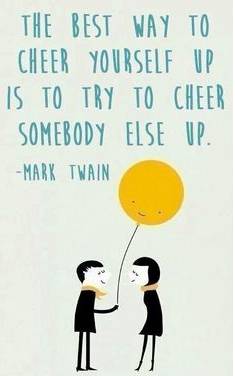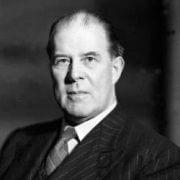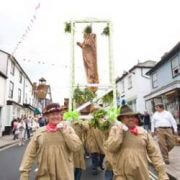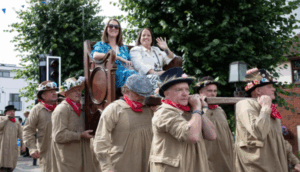National Simplicity Day
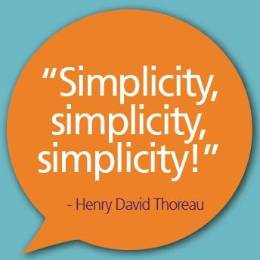 July 12, 2025, is the 208th anniversary of author and consummate liar Henry David Thoreau’s birth. His name is held in high regard, and his work evokes a fondness and nostalgia in readers and inspirational-quote-mongers.
July 12, 2025, is the 208th anniversary of author and consummate liar Henry David Thoreau’s birth. His name is held in high regard, and his work evokes a fondness and nostalgia in readers and inspirational-quote-mongers.
Thoreau’s account of his retreat into nature and the wisdom it brought him is largely fictional. At Worldwide Weird Holidays, we’re okay with that. We ask only that publishers stop classifying this stuff as memoir. Call it a novel.
Then maybe we can all stop trying to live up to an impossible standard that he didn’t even try to reach. Any pompous ass can say profound things when his mom’s on the way over to cook dinner.
*****
National Simplicity Day honors the birthday, on July 12, 1817, of Henry David Thoreau, author, ersatz ascetic, armchair philosopher, and navel-gazing misanthrope.
Thoreau famously went to live in a cabin in the woods, the better to ponder life without the inconvenience of other people and the irritations of everyday, well, life.
In Walden, or, Life in the Woods, he wrote, “I frequently tramped eight or ten miles through the deepest snow to keep an appointment with a beechtree, or a yellow birch, or an old acquaintance among the pines.”
Thoreau certainly could turn a phrase; many of them clog the arteries of inspirational sites and satisfy the sweet tooth of quote-mongers who reverently offer them up on posters, mousepads, and coffee mugs.
He neglected to mention that the area was always bustling with people. A commuter train passed nearby. He hosted parties. He lived a twenty-minute walk from his parents’ house and made the trip several times a week to enjoy his mother’s cooking.
The man who advised his readers to eat only one meal a day to avoid indulging base appetites was visited by his mother and sisters at least once a week to bring him food, tidy up the cabin, and clean his laundry.
Let’s be clear. We don’t fault the man for entertaining, eating well, and having the women in his family help him. The problem is that he wrote as if he were roughing it in the middle of nowhere, with no one but the trees and forest creatures for company. He then used that fictitious narrative to promote an ideology he never practiced.
If Thoreau couldn’t or wouldn’t “unplug” in the 1850s, how can we expect his philosophy to succeed for us today? And who says we should even try? After all, the Unabomber actually lived in a cabin by himself for many years, and his manifesto included instructions for living off the grid. Upon further investigation, we found that he also received support from his family.
Exhortations to simplify one’s life can be helpful, but they often mask disdain and smug superiority. Thoreau reminds us of the intrepid explorer in a documentary, ostensibly forging a path that was trodden moments before by the cameraman walking backward in front of him.
Have a happy National Simplicity Day! But if you can’t keep it simple, don’t worry – you’re in good company.

